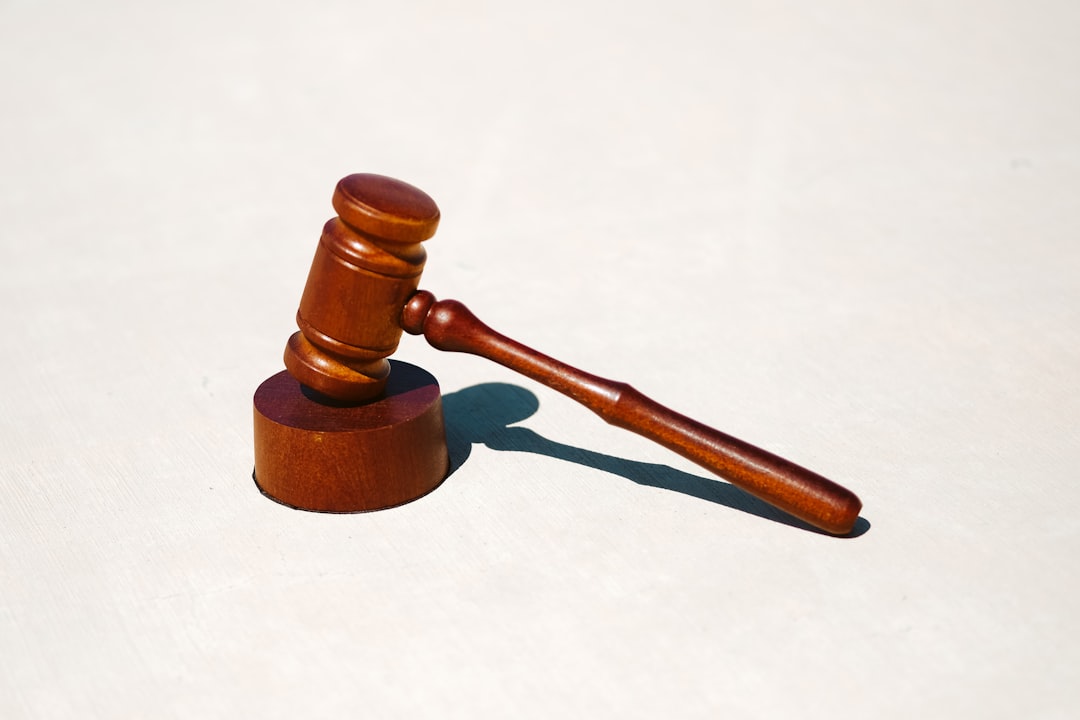Consumers in Phoenix and Arizona are protected by strict debt collection regulations, including the Fair Debt Collection Practices Act (FDCPA). Individuals facing harassment from debt collectors should consult with qualified debt collector lawyers for guidance on their rights. Arizona allows both parties to record conversations with debt collectors, providing legal protection and evidence if FDCPA guidelines are violated. Engaging with debt collector lawyers Phoenix is advisable before attempting such recordings to ensure compliance with local laws. These experts navigate the complex legal landscape, protect consumer rights, and provide strategic guidance on recording conversations as evidence.
In Phoenix, understanding and adhering to debt collection laws is crucial for both consumers and debt collectors alike. With a robust legal framework in place, recording conversations between debtors and collectors can be a game-changer. This article guides you through the intricate details, from deciphering Arizona’s debt collection regulations to exploring when and how to legally record these interactions. We also delve into the importance of legal considerations and the role debt collector lawyers play in ensuring compliance, offering peace of mind for all involved parties.
Understanding Debt Collection Laws in Arizona

In Phoenix, as well as throughout Arizona, debt collection practices are subject to strict legal regulations designed to protect consumers’ rights. The Fair Debt Collection Practices Act (FDCPA) governs how debt collectors can interact with debtors, and it’s crucial for residents to understand their rights under this legislation. If you’re facing harassment or unfair treatment from a debt collector, consulting with a qualified debt collector lawyer in Phoenix is advisable. These legal experts can guide you through the complexities of Arizona’s debt collection laws and help ensure your rights are respected throughout the process.
Arizona law provides debtors with certain protections, including the right to request validation of the debt and to have harassment ceased. Debt collectors who violate these rules may face legal repercussions. By knowing your rights and understanding the legal framework surrounding debt collection, you can take proactive steps to protect yourself from abusive or illegal practices.
When and How to Record Conversations

In Arizona, including Phoenix, both parties involved in a conversation have the right to record their side of the discussion, provided they inform each other that the call is being recorded. This is crucial knowledge for individuals interacting with debt collectors, as it empowers them to protect themselves legally and gather evidence if needed. The timing of recording is essential; always ensure you obtain consent before initiating the recording, and let the debt collector know you are capturing the conversation to maintain transparency.
When engaging with a debt collector lawyer in Phoenix, understanding recording laws becomes even more critical. Debt collectors must adhere to strict regulations during their interactions with debtors, and having a recorded conversation can serve as valuable proof if any irregularities occur. For instance, if a collector makes false statements or violates Fair Debt Collection Practices Act (FDCPA) guidelines, having a clear audio record can be instrumental in resolving disputes and holding them accountable.
Legal Considerations and Permissions

In Phoenix, recording debt collector calls is a complex matter with significant legal implications. While Arizona generally allows two-party consent for recordings, the situation becomes intricate when dealing with debt collection practices. It’s crucial to understand that only one party needs to consent for the conversation to be legally recordable. This means that if you are engaging with a debt collector and clearly communicate your intention to record the call, they must agree, or it may not stand up in court.
Consulting with debt collector lawyers in Phoenix is advisable before attempting to record such conversations. Experts can guide individuals on the legal boundaries of recording, ensuring compliance with Arizona laws. They can also help protect one’s rights as a consumer while dealing with debt collectors, emphasizing that knowledge of these legalities is essential to avoid potential pitfalls and ensure the protection of your rights.
The Role of Debt Collector Lawyers in Phoenix

In Phoenix, the role of debt collector lawyers is pivotal in navigating the complex legal landscape surrounding debt collection practices. These specialists are well-versed in both state and federal laws that govern how debt collectors can interact with consumers. They ensure that debt collection agencies adhere to these regulations, which include fair debt collection practices, verification of debts, and respect for individual consumer rights.
Debt collector lawyers in Phoenix play a crucial role in protecting consumers from abusive or unlawful debt collection tactics. They assist clients in understanding their legal rights, challenge improper debt collection methods, and provide strategic guidance on how to record and use conversations with debt collectors as evidence. Their expertise enables them to guide individuals through the process of recording calls, ensuring compliance with Arizona’s laws regarding audio recordings, while empowering consumers to assert their rights effectively.






